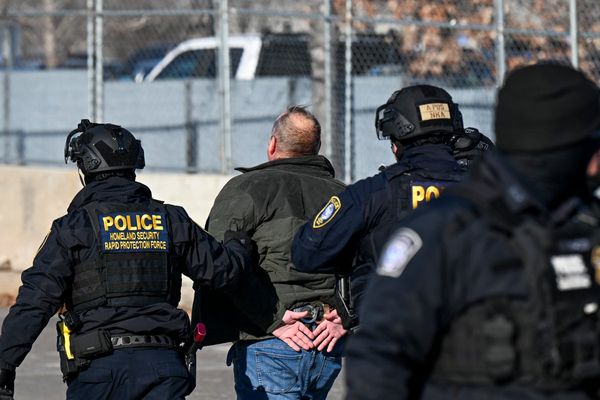The change in working patterns has contributed to an 80 per cent reduction in the use of Travelcards on public transport in London.
Transport for London has revealed a dramatic collapse in the popularity of the tickets, which offer frequent travellers a discount on the daily rate.
The purchase of weekly, monthly and annual season tickets has fallen from a total of about 1.2m to around 220,000, per four week period, in under a decade.
The trend has accelerated since the launch of Contactless and pay-as-you-go ticketing in 2014 and has continued as a result in the growth of working from home due to the pandemic.
The biggest drop has been in annual tickets, the use of which is down 90 per cent. Sales of monthly and weekly tickets are down 79 per cent.
Shashi Verma, director of strategy and chief technology officer at TfL, said the introduction of daily fare capping in 2015 had encouraged the switch.
“The use of Travelcards has declined by about 80 per cent over the years pay-as-you-go has been popular, and have declined very significantly over the years of the pandemic as well,” he told the London Assembly.
Asked whether TfL could do more to encourage “flexible working”, he said its fares system already offered good value to commuters looking to only travel two or three days a week.
He said: “We have had a pay-as-you-go system, where you only pay for what you use. We have a system of daily capping, where you get capped out at the end of the day.
“The daily caps are one-fifth of weekly caps, which means that if you only work two days a week you pay for two-fifths of a week, and if you work five days a week you pay for the whole week.
“It’s not clear what more we could do to support the flexible working patterns. The places where that demand comes through is on national rail.
“Monthly [Travelcards] offer a very small discount over weeklies. Monthlies are priced at the equivalent of 27 days. Unless you are really travelling intensely for 28 days or more in a month, a monthly Travelcard has very little value.
“Annual Travelcards do offer value. But the reality is that the use of Travelcards has declined by about 80 per cent over the years that pay-as-you-go has become popular, and they have declined very significantly during the pandemic as well. All Travelcards – weeklies, monthlies, annuals – everything has declined.”
Earlier this week, Mayor Sadiq Khan announced that Tube and bus fares would rise by an average of 5.9 per cent from March 5.
Bus fares will rise 10p - 6.1 per cent – to £1.75 while a single peak Tube fare in zone 1 increases by 30p - 12 per cent – to £2.80.
Mr Khan has asked TfL to continue to examine the feasibility of withdrawing from the Travelcard system, which offers integrated tickets for passengers who also travel on the mainline railways.
Mr Khan hopes this could generate more fares revenue for TfL. But Mr Verma suggested that it would make little difference in practice to the capital’s ticketing system, as the fares and capping level would still have to follow “similar rules” to those on national rail.
“Getting out of the Travelcard alone does not mean that you have complete freedom of action,” he said.
“As long as we want integrated fares between the Tube and national rail, there will be some constraints. It comes from wanting integrated fares. The weekly caps and the daily caps still follow the same rules as the Travelcard agreement.”







